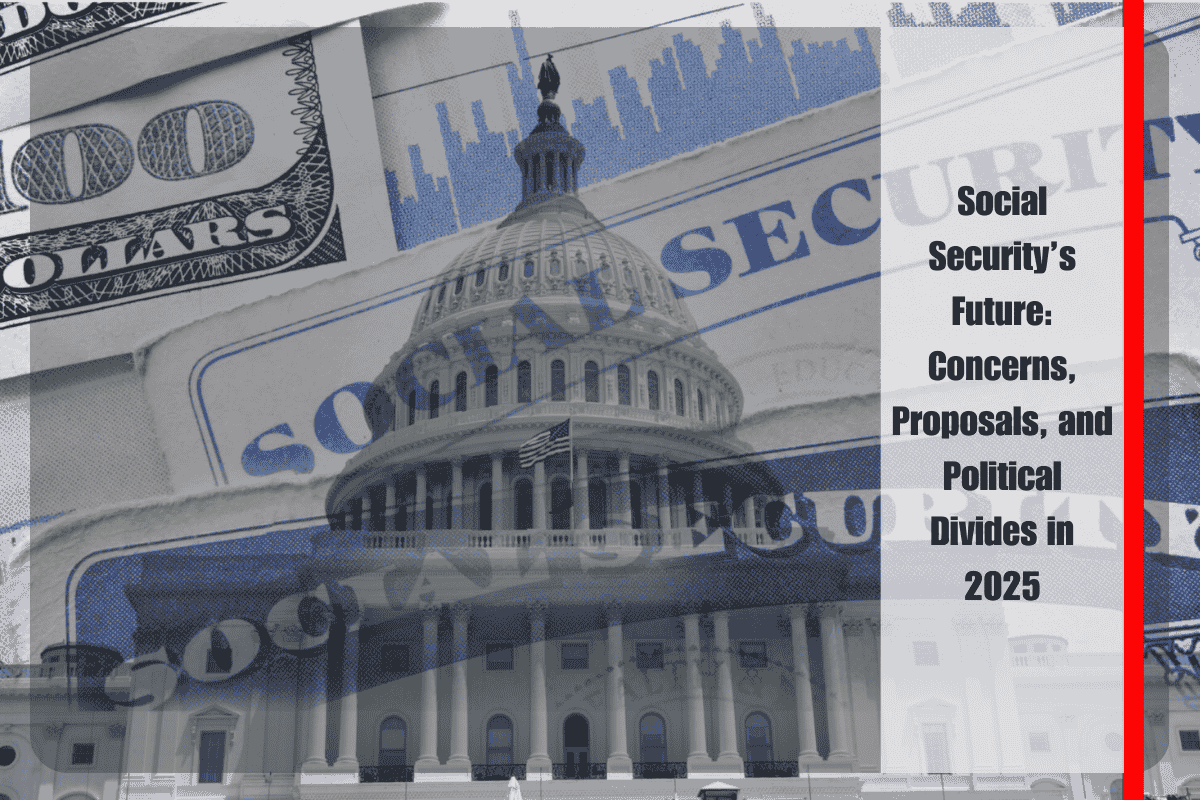As inflation continues to increase the cost of living, many retirees in the U.S. are finding that their Social Security benefits no longer provide enough to cover even basic expenses, especially in some of the country’s most expensive cities. With the average monthly Social Security payout sitting at around $1,900 in 2024, it’s becoming increasingly difficult for retirees to make ends meet in high-cost urban areas.
Social Security and Its Shortfall in Expensive Cities
According to a recent analysis by Go Banking Rates, published by Newsweek, a comparison of the average cost of living in 100 major cities with the average Social Security payment reveals concerning results. The study highlights the cities where Social Security benefits are most insufficient for retirees.
The top five cities where Social Security income is the most inadequate are:
San Francisco
Irvine
Honolulu
New York City
San Diego
In these cities, retirees would need to supplement their Social Security income by over $2,000 a month just to cover basic living expenses. For example, retirees in San Francisco would require an additional $2,421.42 per month on top of their Social Security check to meet basic needs.
As Newsweek reported, “The average retiree on Social Security would need $2,421.42 more per month to live in San Francisco.”
In other major cities, like San Diego and Irvine, retirees face a similarly tough financial challenge, needing around $2,000 extra monthly. New York City, known for its high rent, transportation, and healthcare costs, also shows a significant gap between Social Security benefits and living costs.
The Financial Strain is Leading Retirees to Relocate
This financial pressure is causing many retirees to reconsider staying in these high-cost cities. As a result, many are choosing to move to more affordable locations where their Social Security payments stretch further.
According to LiveNow Fox, cities in states like Texas, Oklahoma, and Georgia are increasingly becoming popular among retirees seeking lower living costs and fewer taxes. Cities such as:
Lubbock, Texas
Tulsa, Oklahoma
Augusta, Georgia
These cities offer significantly lower average rents, property taxes, and overall living costs, making them attractive for those on fixed incomes. Relocating to these areas can provide retirees with a better standard of living without having to rely heavily on supplemental income.
Rethinking Retirement Plans and Financial Strategies
While Social Security was never meant to be the only source of income during retirement, the growing gap between benefits and the cost of living is becoming a serious issue. Many financial experts now recommend that future retirees plan to save additional money or consider part-time work to supplement their income. Without careful planning, retirees may find themselves struggling to maintain their quality of life, especially in expensive cities.
The rising costs of living in major U.S. cities are making it harder for retirees to live on their Social Security benefits alone. While some are finding ways to make ends meet by supplementing their income, others are choosing to move to more affordable cities to stretch their benefits. As the cost of living continues to rise, the gap between Social Security benefits and actual living costs may only grow wider, emphasizing the importance of planning ahead for retirement.












